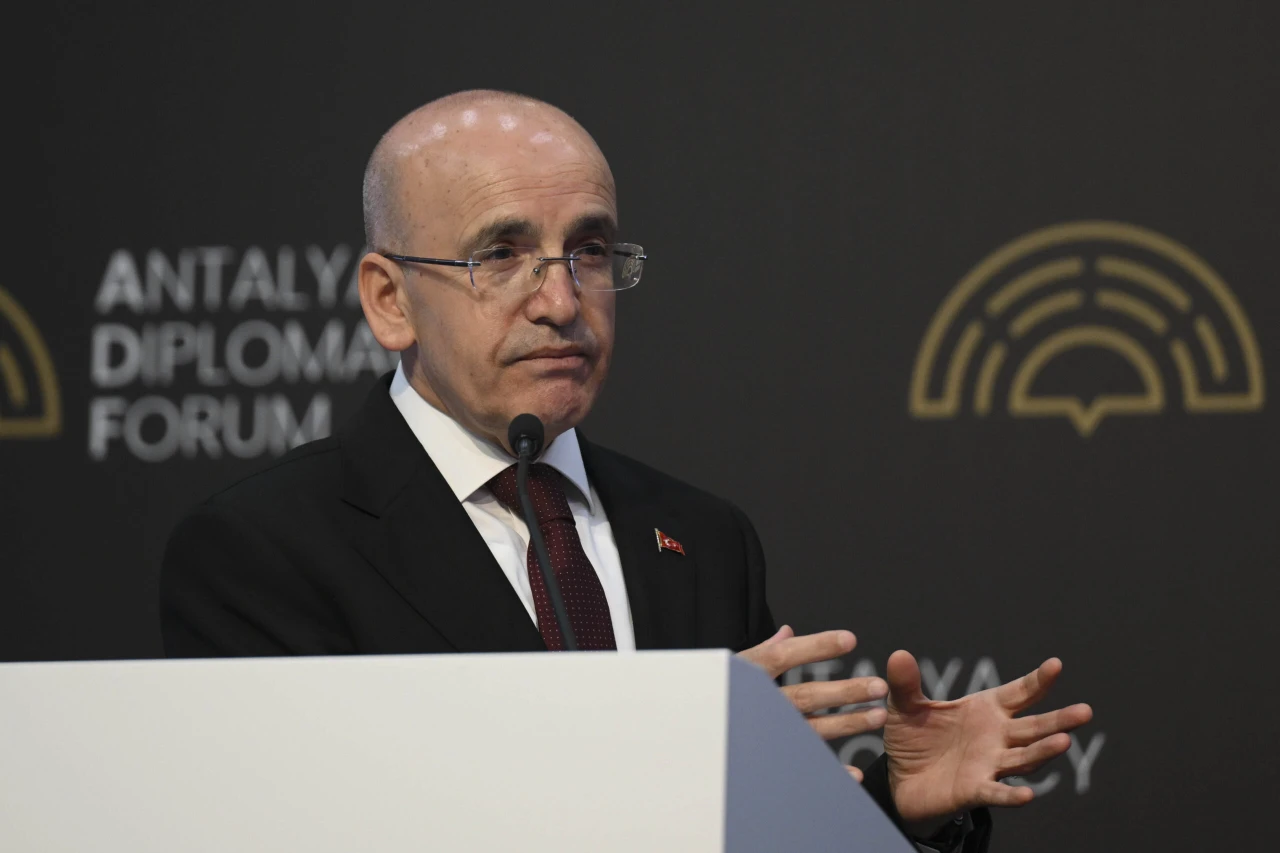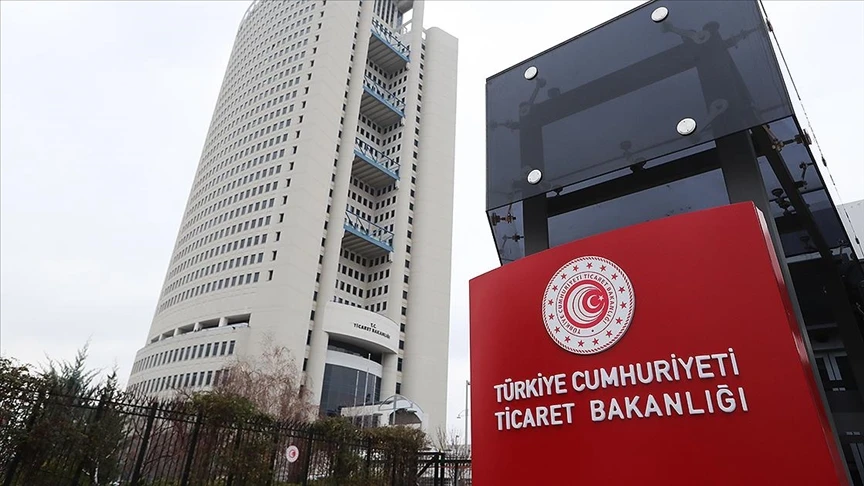Türkiye requests US approval for GE Aerospace engines in Hurjet
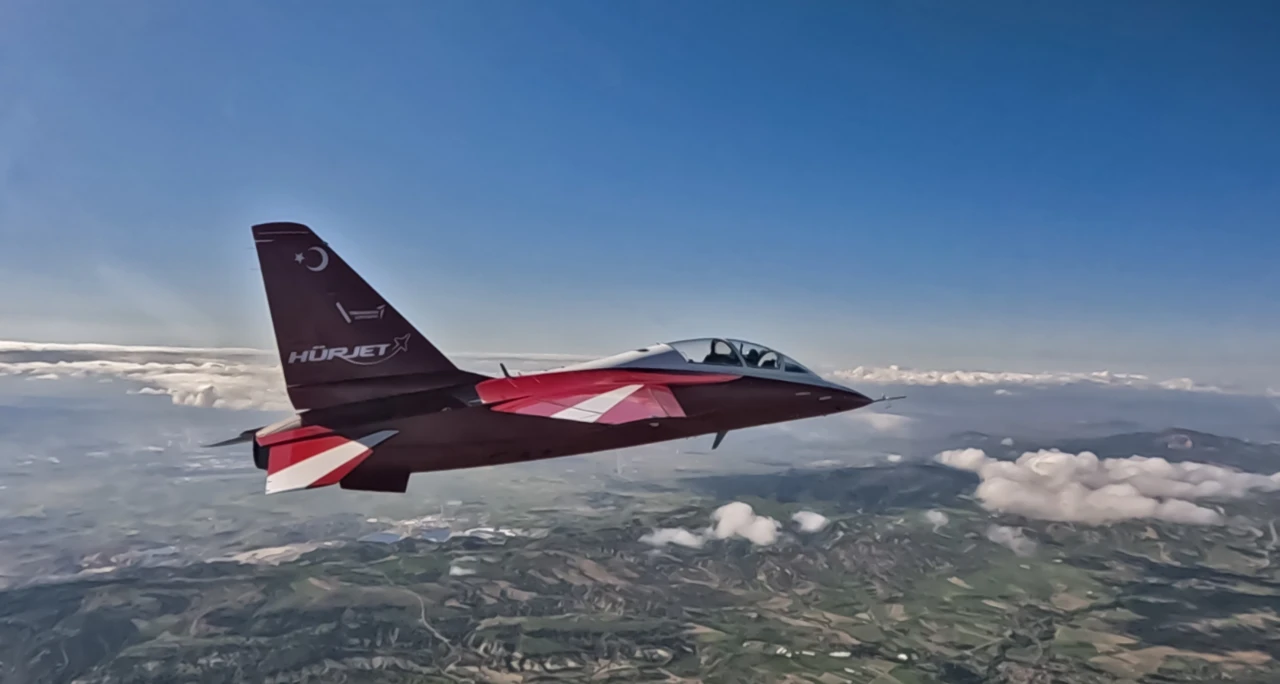 The HURJET Jet Trainer is designed to play a critical role by utilizing its superior performance features with its single-engine, tandem cockpit and modern avionics suite. (Photo via TUSAS)
The HURJET Jet Trainer is designed to play a critical role by utilizing its superior performance features with its single-engine, tandem cockpit and modern avionics suite. (Photo via TUSAS)
Türkiye has requested permission from the United States to purchase GE Aerospace engines for its domestically produced Hurjet, according to Turkish officials familiar with the matter.
GE F404 engines to power Hurjet
Ankara is specifically seeking GE F404 engines to power its Hurjet advanced jet trainer. It’s a critical step in Türkiye’s domestically built Hurjet program to strengthen the Turkish Air Force’s capabilities.
The Turkish military plans to replace its aging fleet of Northrop Grumman T-38 and F-5 aircraft with the new Hurjet jets, which are planned to be equipped with the GE Aerospace engines in its serial production too.
Recently GE Aerospace has signed a new Memorandum of Understanding (MoU) with Turkish Aerospace and TUSAS Engine Industries Inc. (TEI) to evaluate and collaborate on integrating GE Aerospace’s F404 engines into new variants of the Hurjet aircraft.
The new MOU allows GE Aerospace, Turkish Aerospace, and TEI to explore applications of other GE Aerospace engine and system products for new Hurjet variants and other potential customers.
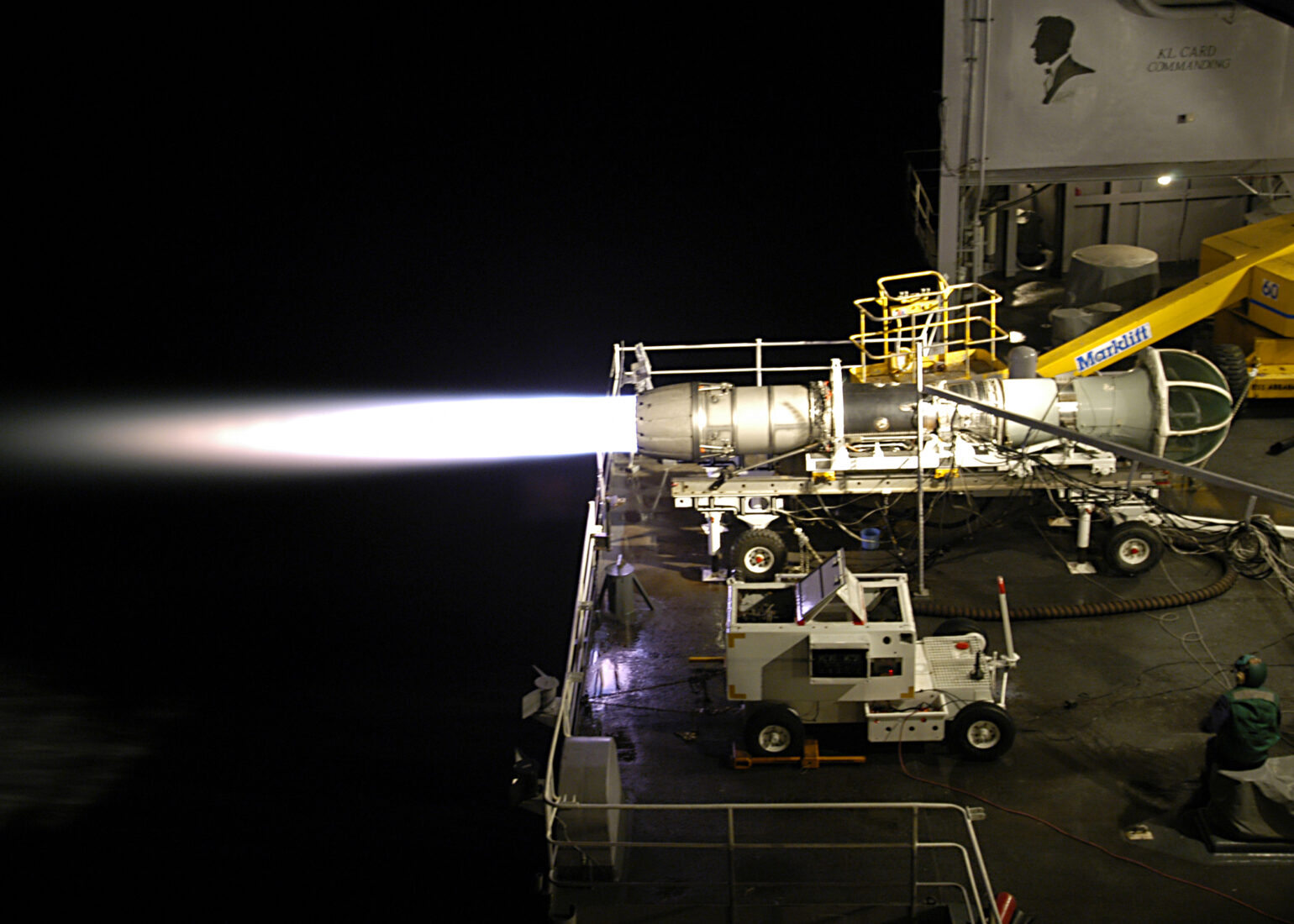
Potential signal of improved US-Türkiye relations
If the U.S. grants approval for the engine sale, which experts guess so, it would mark another indication of improving relations between the two NATO allies following years of tension.
Türkiye’s decision to purchase the Russian S-400 air defense system in 2019 led to significant strain on its ties with Washington, resulting in the US blocking Türkiye from acquiring F-35 fighter jets.
However, relations have started to recover, especially after Türkiye ratified Sweden’s NATO membership bid in early 2024, which was welcomed by the U.S. and European allies.
A spokesperson for the U.S. Embassy in Ankara responded to inquiries from Bloomberg, stating: “We look forward to further deepening our defense partnership with Türkiye, a key NATO ally.”
However, the spokesperson declined to comment on the specific dealings between GE Aerospace and Türkiye.
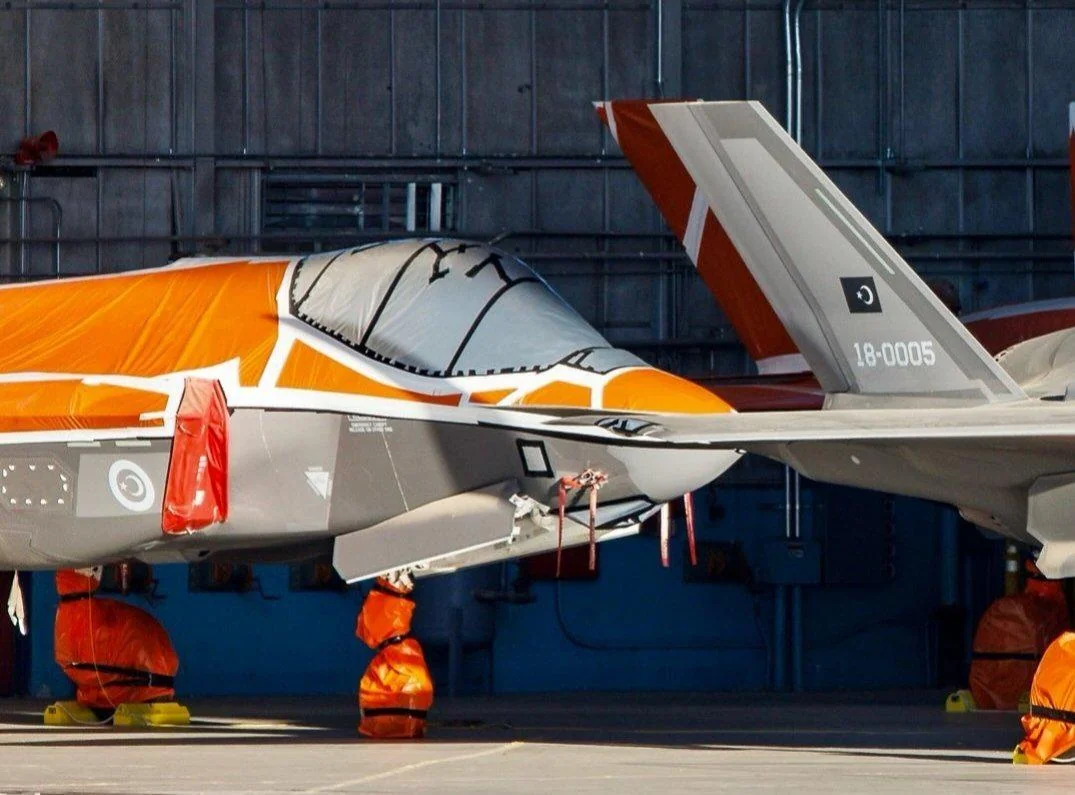
Strengthening Türkiye’s defense industry
Besides the F404 engines, Türkiye is also seeking GE Aerospace F110 engines to power its ambitious Kaan fighter jet project. Meanwhile, Ankara is urging Germany to permit the purchase of Eurofighter jets as part of broader efforts to enhance its air capabilities.
Türkiye is scaling back its previously planned $23 billion defense contract with the US for the purchase and upgrade of F-16 fighter jets.
However, the country aims to secure an offset agreement that would enable it to manufacture certain warplane components domestically.
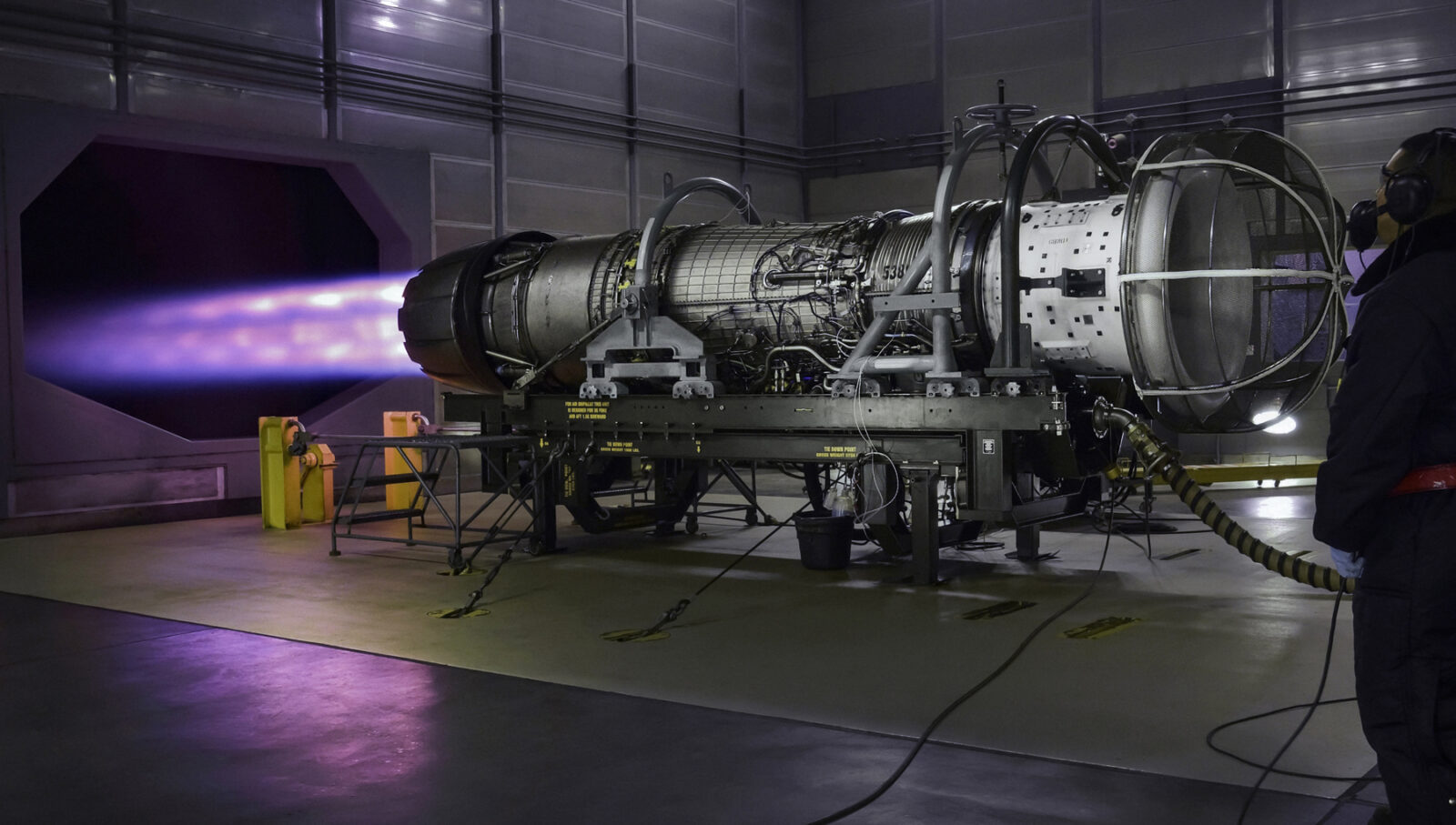
GE Aerospace, based in Cincinnati, is the world’s largest manufacturer of jet engines. It operates a joint venture with Turkish Aerospace Industries, known as TUSAS Engine Industries Inc.
According to a GE Aerospace spokesperson, TEI is intended to play a key role in the “maintenance, repair, and overhaul of F404 engines, besides assembly, inspection, and testing in Türkiye.”
While the Hurjet is primarily designed as a trainer aircraft, Turkish officials confirmed that plans are in place to produce armed versions of the jet in the future.
Hurjet’s development, production
Hurjet, a twin-seat, single-engine supersonic new-generation jet trainer and light attack aircraft, began development on July 2, 2018, under an agreement between TAI, the Turkish Defense Industries Presidency and the Turkish Air Force.
The initial studies for the “Jet Trainer Aircraft & Light Attack Aircraft Project” began in July 2017, with the project officially starting on Aug. 14, 2017.

